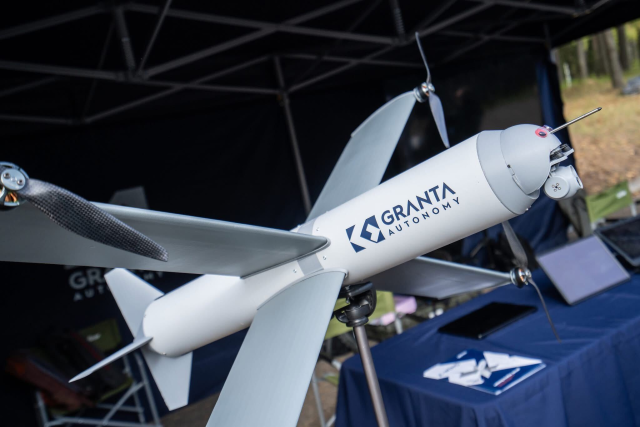Israel Speeding Up Arrow 3 Development Over Iran Nuclear Fear
Israel is accelerating development of its high-altitude Arrow 3 antiballistic missile system amid concerns over Iran's nuclear program.
"We're thinking mostly about the nuclear threat," Col. Aviram Hasson, who heads the project, said on Monday without mentioning any details on the speed up process. "We want to reach a situation in which Israel has a ready defense for any threat, present or future."
Meanwhile, Israel is anxious after the U.S published classified plans for a heavily protected underground facility that would include four Arrow launch sites.
"If an enemy of Israel wanted to launch an attack against a facility, this would give him an easy how-to guide," one Israel officer complained. "This more than worrying, it's shocking."
Israeli officials have said that the project for some time is aimed at boosting the missile's range and operational altitude to knock out hostile ballistic missiles, carrying either nuclear or conventional warheads, outside Earth's atmosphere to minimize fallout.
The shorter-range Arrow 2 variant currently in service with the Israeli air force, which has responsibility for missile defense, can intercept a ballistic missile at a much lower altitude, in the last phase of the missile's trajectory.
Israel officials recently conducted a successful flight test for Arrow 3 from the Palmachim air force base, south of Tel Aviv although it did not involve an actual interception.
Arrow 3, which IAI is developing with U.S. aerospace giant Boeing Co., is slated to become operational in 2015-16.
It has a range of 1,500 miles, far greater than that of the Arrow 2 variant now in service. Once the Arrow 3 breaks free of the Earth's atmosphere, the interceptor breaks away from the launch vehicle and carries out a series of maneuvers in space as it locks onto its target, then rams it in a head-on collision.
Weighing less than half the Arrow 2, Arrow 3 does not need to know the exact location of the target missile when it is launched. It locates the incoming missile once it's in space.
The United States has pledged $250 million toward Israel's acquisition of four Arrow 3 batteries and is expected, despite U.S. defense budget cutbacks, to provide $680 million for a further four batteries.
Future batteries are expected to hold more interceptors than the current models, which will make them more expensive.
Two Arrow 2 batteries provide the top level of a three-tier Israeli missile defense shield that includes the short-range Iron Dome system, built by Israel's Rafael Advanced Defense Systems, and the medium-range David's Sling weapon being developed by Rafael and Raytheon.
Arrow 3 will become the top layer once it's operational. The theory is that whatever missiles get past its interceptors will be destroyed by the lower-altitude Arrow 2s.









